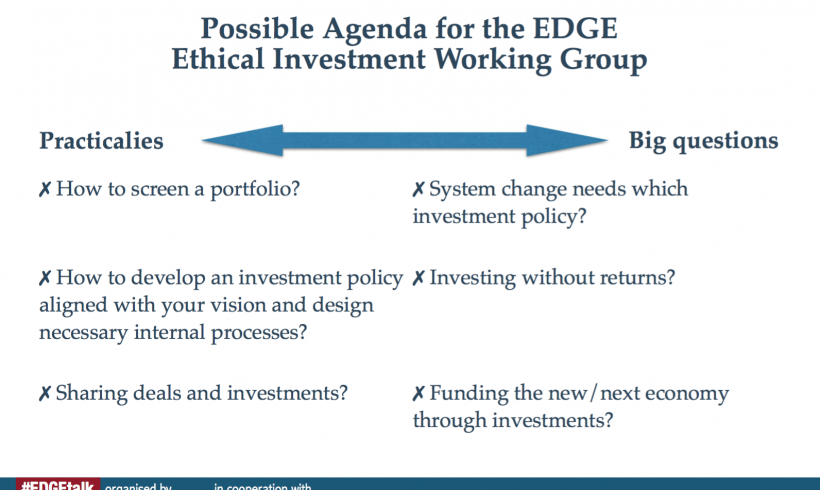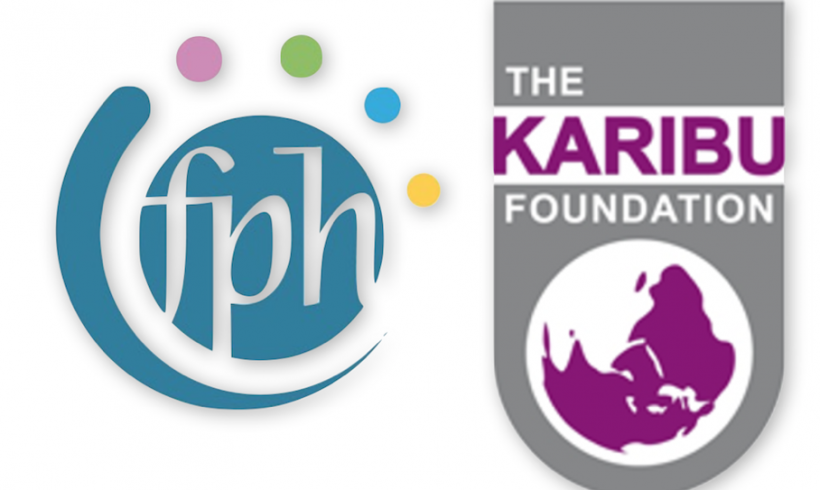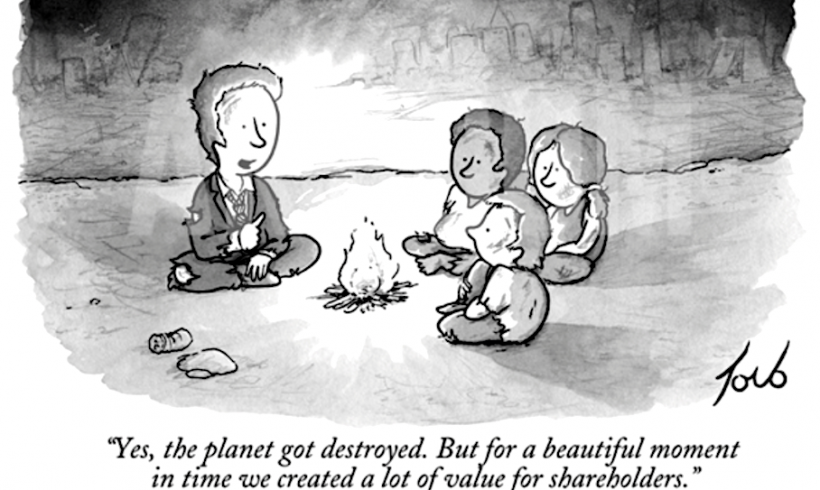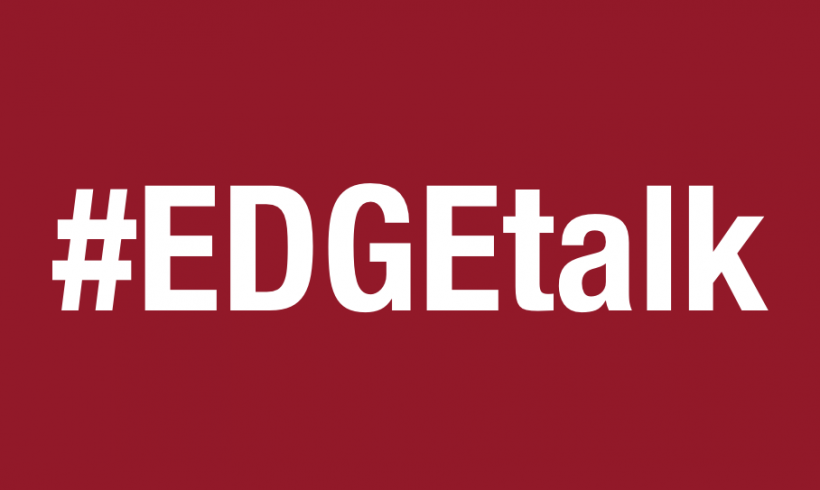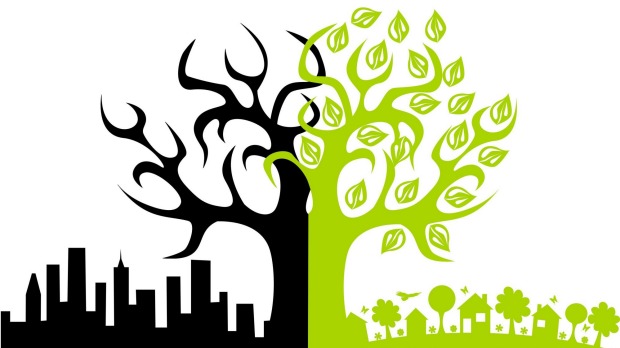Tag: climate change
Gender equality as a pathway for sustainable development: lessons learned in Eastern and Southern Africa
In order to advance sustainable development in line with the Sustainable Development Goals (SDGs), it is necessary to address cross-cutting issues on gender, environment, and climate change simultaneously. Despite this, a key challenge remains in ensuring that such coordinated and integrated approaches are prioritised and implemented in national, sector, and local budgets. That is the problem discussed in this gender brief by the Center for International Forestry Research (CIFOR), which draws on the experiences of an ongoing partnership between UN Women and the United Nations Development Programme. The brief includes examples of gender, environment, and climate change integration in policy and programming in Mozambique, research in Malawi and Uganda, and programming in Tanzania, as well as in areas concerning the strengthening of institutional capacities and knowledge sharing.
The key messages highlighted on the first page of the gender brief emphasise that addressing gender, environment, and climate change as cross-cutting issues can advance sustainable development and empower women, and that this will necessitate the strengthening of institutional and stakeholder capacities. Furthermore, data are needed to demonstrate the added value of integrating gender into climate and natural resource frameworks to convince decision-makers to take action, while proven climate- and gender-smart technologies must be quickly up-scaled.
In terms of recommendations, the brief closes by presenting three key pieces of advice:
- The experiences presented in this brief point to the importance of informing policy-makers and practitioners in the design and implementation of cross-sectoral gender-sensitive climate and environment policies and programmes.
- Concerted action and partnerships leveraging the tools of government, the legislature, civil society, and the private sector are needed to enact the kind of policies that can achieve the SDGs.
- Partnerships between UN agencies and other multilateral organisations should be strengthened to increase support for the integration of gender, environment, and climate-linked concerns in policies, budgets, and...

